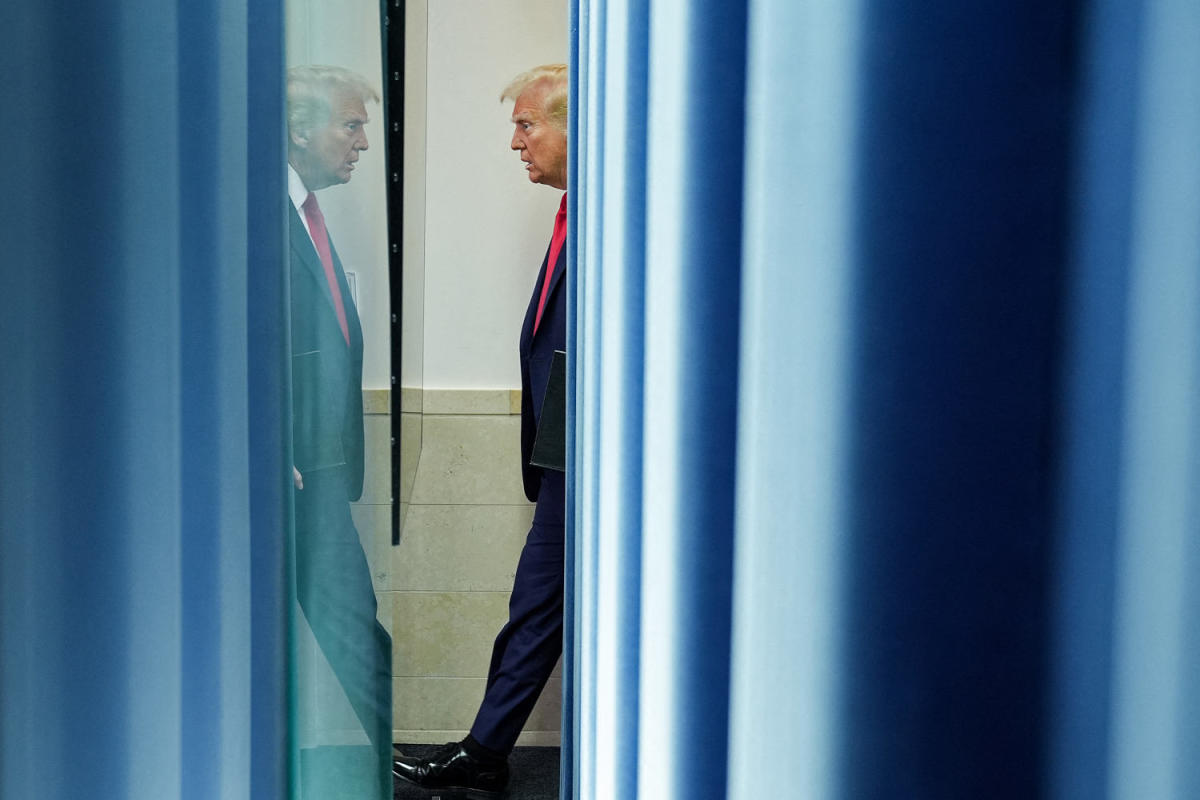President Donald Trump has renewed his vow to slap tariffs on America’s largest trading partners, raising the prospect that a host of everyday goods could become more expensive for U.S. consumers.
On Thursday, Trump said 25% duties against Canada and Mexico, as well as a new, 10% levy on Chinese goods on top of another 10% tariff that took effect earlier this month, would be imposed next Tuesday.
The U.S. imports billions of dollars worth of goods from those nations, across a range of sectors. Among the common Mexican imports that may see price increases: cars, fruits, vegetables, beer, liquor and electronics. And from Canada: potatoes, grains, lumber and steel.
EY Chief Economist Gregory Daco said earlier this month that agricultural products are a major category of trade between the U.S., China, and Mexico.
“We tend to think a lot about merchandise goods as being automotive goods, furniture goods and these types of heavy equipment goods. But we should not forget that we also do a lot of trade on the agricultural front,” Daco said. “So we could see upward pressure for meat prices, upward pressure for dairy prices. Those are the types of categories that directly hit consumers wallets.”
That would compound already high grocery prices, which are up 28% over the last five years, according to the Bureau of Labor Statistics.
With deeply intertwined automotive supply chains between the three countries, cars and auto parts are likely to get pricier to bring into the U.S., too.
S&S Automotive services cars in Secaucus, New Jersey, where owner Keith Scaglione says tariffs would likely make the cost of parts like oil filters more expensive, making even routine fixes costlier for consumers.
“Oil changes, mainly that’ll be the first noticeable one, an average oil change on most vehicles is now anywhere between $50 to $80. It’s probably going to end up over $100,” Scaglione said.
The tariffs could be the beginning of a policy war, with tariff rates at risk of ratcheting even higher if the affected countries decide to retaliate. In an initial announcement of the tariffs, the White House added there was a “retaliation clause” added to the measures.
“So that if any country chooses to retaliate in any way, the signal will be to take further action with respect to likely increased tariffs,” the White House said.
Trump is enacting the tariffs under the International Emergency Economic Powers Act, which allows the president to respond to “extraordinary threat,” which Trump has identified as a fentanyl and drug crisis that he alleges China, Mexico, and Canada facilitate.
Canadian energy imports would be subject to a lower 10% tariff. Still, it would represent a major development for an industry that almost unilaterally sells crude oil to the U.S. Canada Energy Regulator reported that in 2023 it sent about 97% of all its crude oil exports to the United States.
For U.S. refineries that are specifically tuned to Canadian oil, any costs associated with switching imports could lead to more expensive gas prices at the pump.
Daco said imposing tariffs “on large trading partners would have severe economic consequences” for the U.S., Mexico and Canada, “and could lead to an environment that is both a higher inflation environment and also a lower growth environment because of the importance of the trade with both of these economies.”
This article was originally published on NBCNews.com

